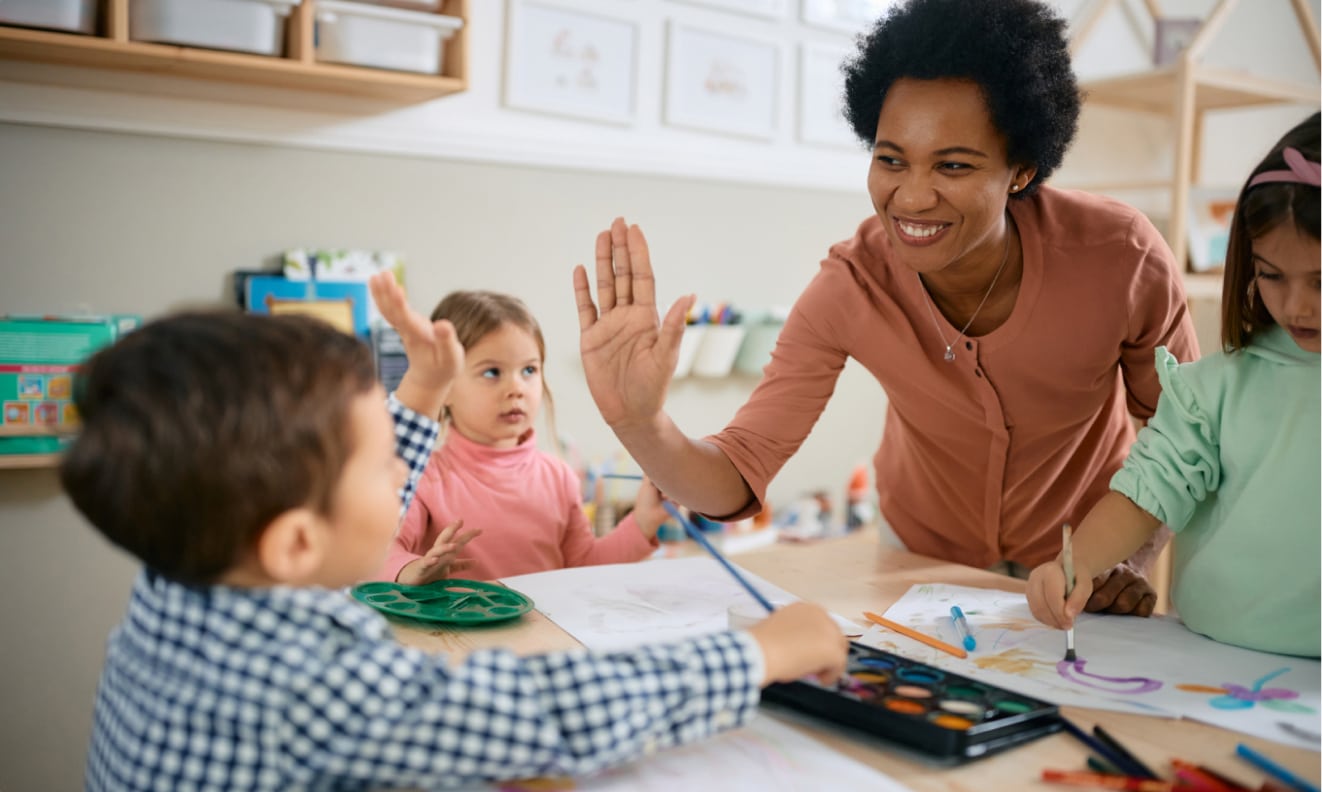Center-based ABA therapy now open in Cary, NC
The Butterfly Effects were designed to meet the learning needs of children affected by autism. Our centers all have specialized learning areas to teach functional communication, literacy, social skills, cooperation, tolerance, gross motor development, play, and cognitive skills. The Butterfly Effects centers have large open areas to simulate a classroom setting that better prepares children for school. Full day enrollment starts from ages 2 to 6. We have after school center programs for children 6 to 12.
Enroll now